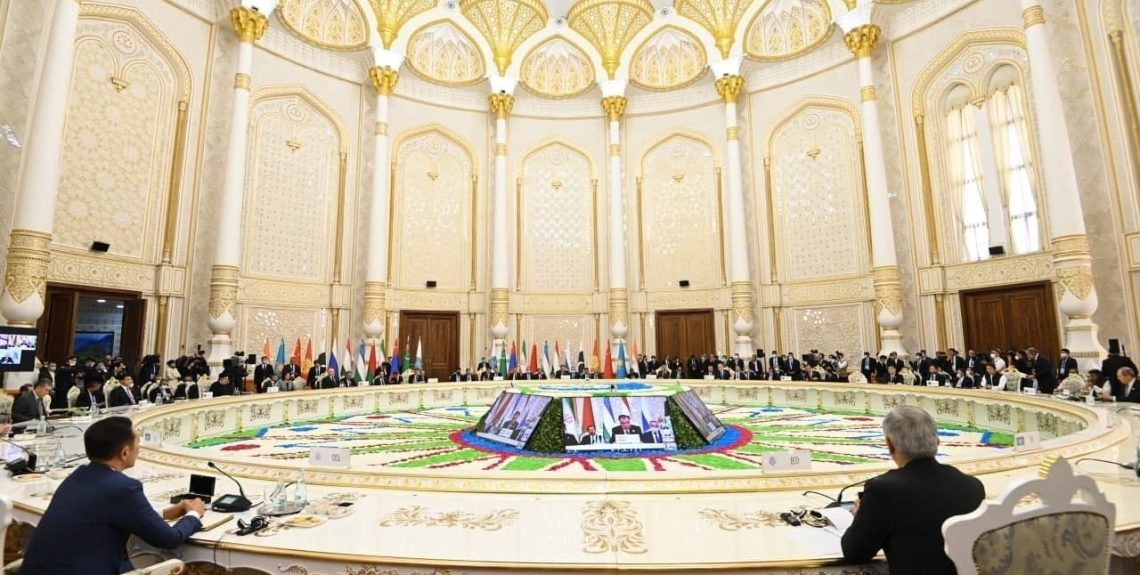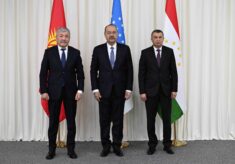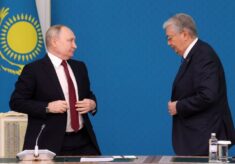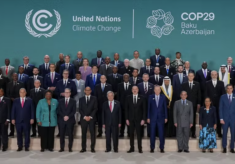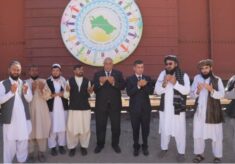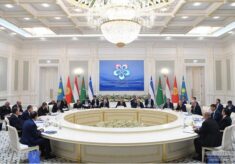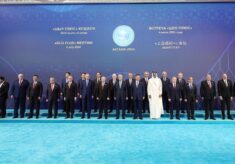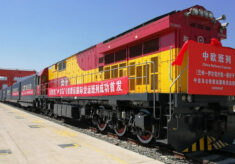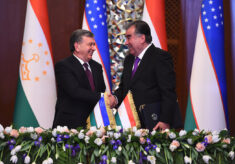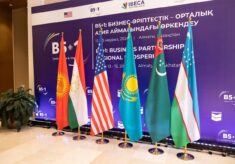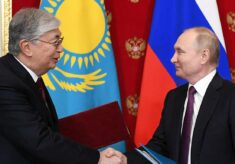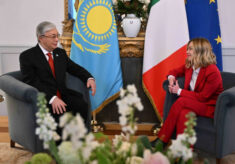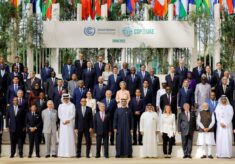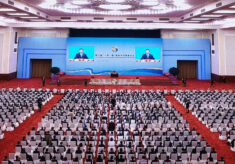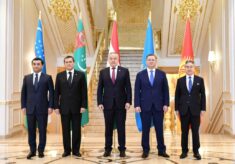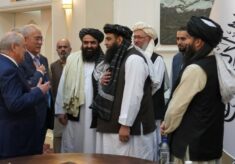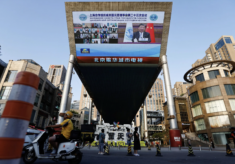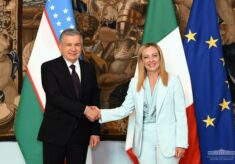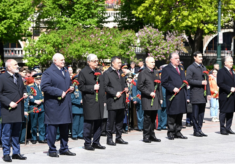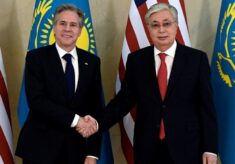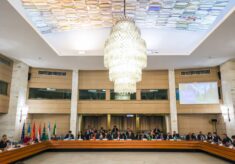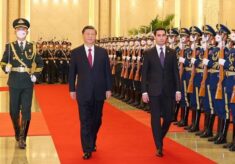On 16-17 September Tajikistan’s capital Dushanbe hosted the annual meeting of the two regional security organizations, namely the Collective Security Treaty Organization (Russia, Kazakhstan, Kyrgyzstan, Tajikistan, Armenia and Belarus) and the Shanghai Cooperation Organization, led by China and Russia and involving all Central Asian countries (except Turkmenistan that never joined this political framework), as well as the new partners India and Pakistan, while Iran will become a full member at the next summit.
Afghanistan and the potential security spill-over to Central Asia were the main topics discussed in these gatherings: considering the high volatility of the regional security architecture, also Turkmen President Berdimuhamedov decided to attend the SCO meeting in order to discuss cooperation to counteract terrorism and drug-trafficking. Moreover, it is interesting to observe that Afghanistan holds the status of SCO observer, but that the Talibans were not invited at the meeting, avoiding a possible diplomatic recognition. This approach reflects the position of Tajikistan, the hosting country of the summit, that opposes the Talibans, advocating a more inclusive government taking in also ethnic Tajiks.
Tajik President Rahmon strongly emphasized the need to fortify the CSTO’s southern borders to prevent terrorist threats and destabilizing incursions of extremist groups, while CSTO Secretary General (Zas Stanislav Vasilievich, from Belarus) pledged that Russia and other members will provide military-technical assistance to prevent instability along the Tajik-Afghan border. Also, the leaders of Kazakhstan and Kyrgyzstan expressed concerns about Afghanistan’s instability (Leaders of Russia, China-Led Security Blocs Meet to Discuss Afghanistan, Radio Free Europe/Radio Liberty, September 16).
If the security dimension emerged during the CSTO summit, Central Asian countries showed instead a more conciliatory approach toward Afghanistan during the SCO summit, in order to evaluate the real commitment of Taliban to preserve regional security and to fight against terrorist groups (Islamic State-Khorasan but also the Islamic Movement of Uzbekistan and other extremist groups which involved Central Asian fighters) operating in the country. Uzbekistan’s President Mirziyoyev and Kazakhstan’s President Tokayev pointed out the positive impact of promoting a dialogue with the Taliban political leadership, also proposing to discuss a common approach to involve them. Moreover, they also supported the idea to gradually unfreeze Afghan reserves and assets held by foreign banks, as a way to facilitate a dialogue about preventing and fighting terrorism and drug trafficking, besides creating the economic basis to avoid a humanitarian crisis with regional implications (CSTO, SCO summits presage policy of wary tolerance of Taliban regime in Afghanistan, Eurasianet, September 17, 2021). In addition to security concerns (many Uzbeks are members of various extremist groups located in Afghanistan), economic reasons explain Uzbekistan’s and Kazakhstan’s conciliatory attitude towards Afghanistan. Nur Sultan would like restore wheat exports to Kabul (crossing Uzbek territory) while Astana aims at preserving electricity exports and the existing road and railway connections (via Termez-Mazar I Sharif) as well as the other interconnections, that represent relevant source of incomes for both national budgets.

